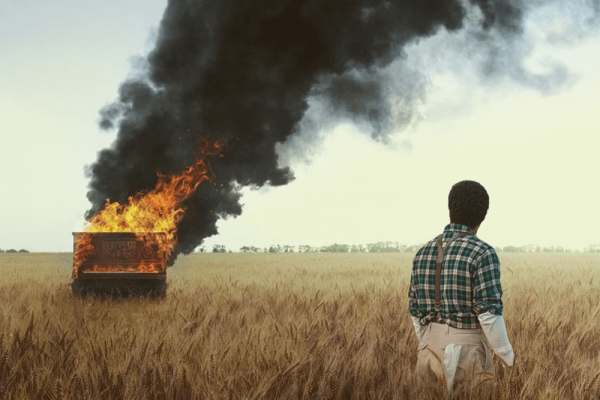Dec 3, 2024
The Piano Lesson is a film about what we pass on from one generation to the next: family heirlooms, deeply embedded wounds, and — as is the case for the Charles family — deeply embedded spirituality.
Read the Full Article

Already a subscriber? Login
